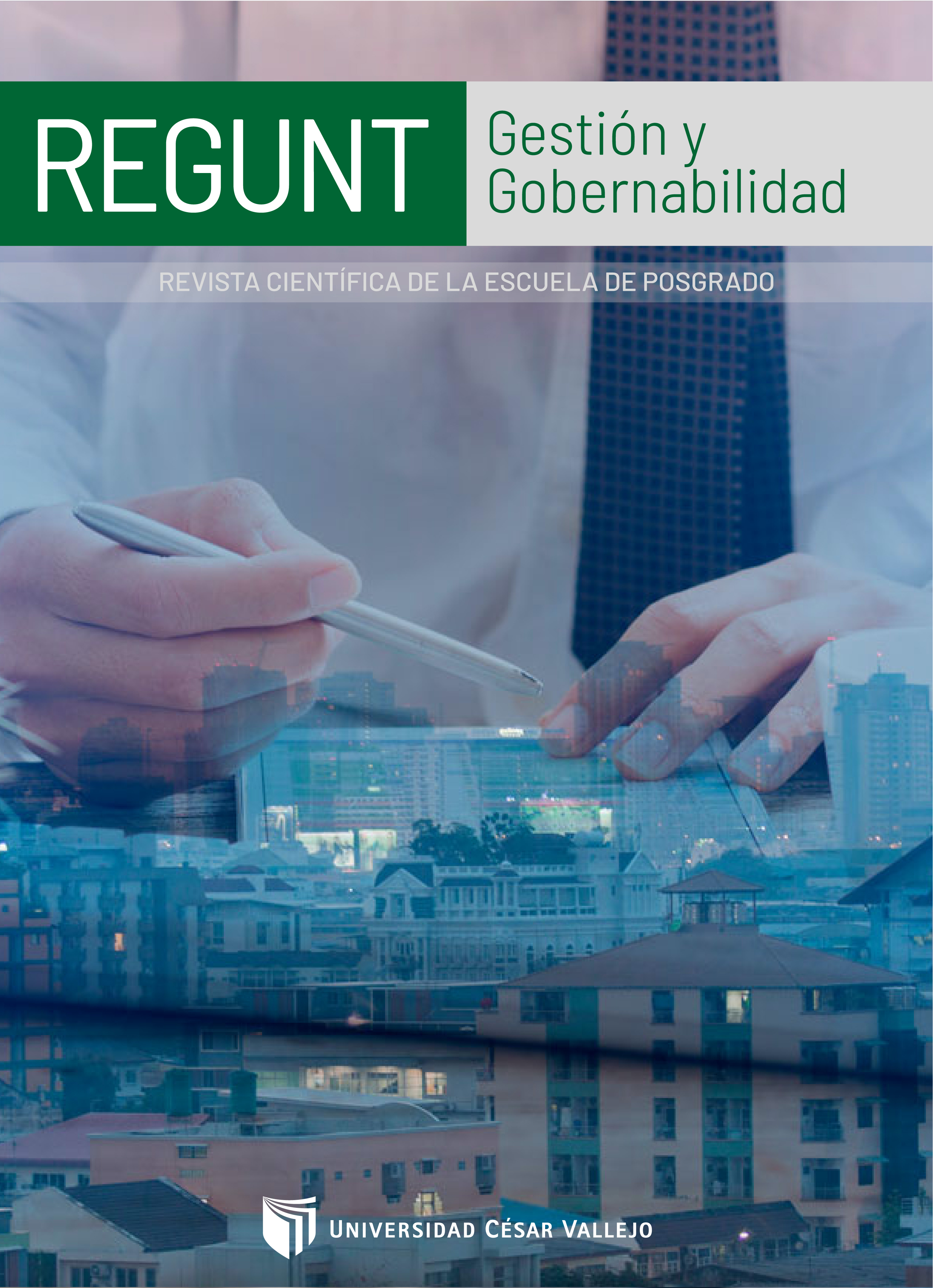Crime from the conception of ancient Rome, a fair trial and public punishment
DOI:
https://doi.org/10.18050/regunt.v2i2.03Keywords:
crime, humanization of punishment, compensationAbstract
This original article represents a historical reminiscence, since on many occasions practicality was opened towards the
current era. The design used is a historical thematic analysis of a basic descriptive qualitative approach.
Talking about crime, nowadays, unfortunately is one of the most common topics and one of the main attention for public
policies; however, dealing with this problem was also of special attention in ancient Rome. Recognized the impact that
the Romans had by being the basis of different legal systems, its effect would not only be limited to civil or commercial
law, but they would have a significant contribution to criminal law, called “Roman criminal law”.
History focuses us that talking about crime and making a legal analysis of criminality covers specific aspects such as
the evolution of crime and the humanization of punishment in such a way that at the time it marked the future of “ius
punendi”.
Downloads
References
Ferratto, A (2014). Crimen y desafíos para el siglo XXI. Urvio, Revista Latinoamericana de Estudios de Seguridad, (15), 55-70. https://www.redalyc.org/articulo.oa?id=552656536005
Ferreira, M., y Framento, R. (2019). Violencia y justicia en la historia institucional de Unasur. Del optimismo inicial a la frágil cooperación de lucha criminal. http://www.scielo.org.co/scielo.php?script=sci_arttext&pid=S012151672019000200087&lang=es
Gya, G. (2012). La perspectiva de la unión europea para enfrentar el crimen. http://revistas.pucp.edu.pe/index.php/politai/article/view/14100
Jordá, C. (2018). El crimen en España: evaluación de la amenaza e implicaciones en el derecho público Universidad Autónoma de Madrid. https://repositorio.uam.es/handle/10486/686221
Ramos. (2018). Cómo hacer una tesis de derecho y no envejecer en el intento (vol. 78). Lex Y Iuris S. A. C. https://virtual.legis.pe/wp-content/uploads/2019/01/Como-hacer-una-tesis.pdf
Soberón, G. (2019). Drogas y criminalidad organizada. Una aproximación para el Perú. Politai, 3(4). http://revistas.pucp.edu.pe/index.php/politai/article/view/14096
Sucari, G. (2015). Control de la Criminalidad y Aplicación en el Sistema Jurídico Penal Peruano [tesis de maestría]. Universidad Nacional del Altiplano. http://repositorio.unap.edu.pe/handle/UNAP/9582
Toro-Garzón, L., y Bustamante-Rúa, M. (2020). La investigación y la prueba de contexto como elementos de política criminal. http://www.scielo.org.co/scielo.php?script=sci_arttext&pid=S179431082020000100101
Valderrama, S. (2015). Pasos para elaborar proyectos de investigación científica: Cuantitativa, Cualitativa y Mixta. Lima: Editorial San Marcos E.I.R.L.
Vizcarra, S., Bonilla, D., y Prado. B. (2020). Respuestas del Estado peruano frente al crimen en el siglo XXI. Revista CS, 31, 109. http://www.scielo.org.co/scielo.php?script=sci_arttext&pid=S201103242020000200109&lang=es
Downloads
Published
How to Cite
Issue
Section
License

This work is licensed under a Creative Commons Attribution 4.0 International License.
La Revista Regunt usa la licencia Creative Commons de Atribución; pudiendo:
Compartir — copiar y redistribuir el material en cualquier medio o formato
Adaptar — remezclar, transformar y crear a partir del material
para cualquier finalidad, incluso comercial.









